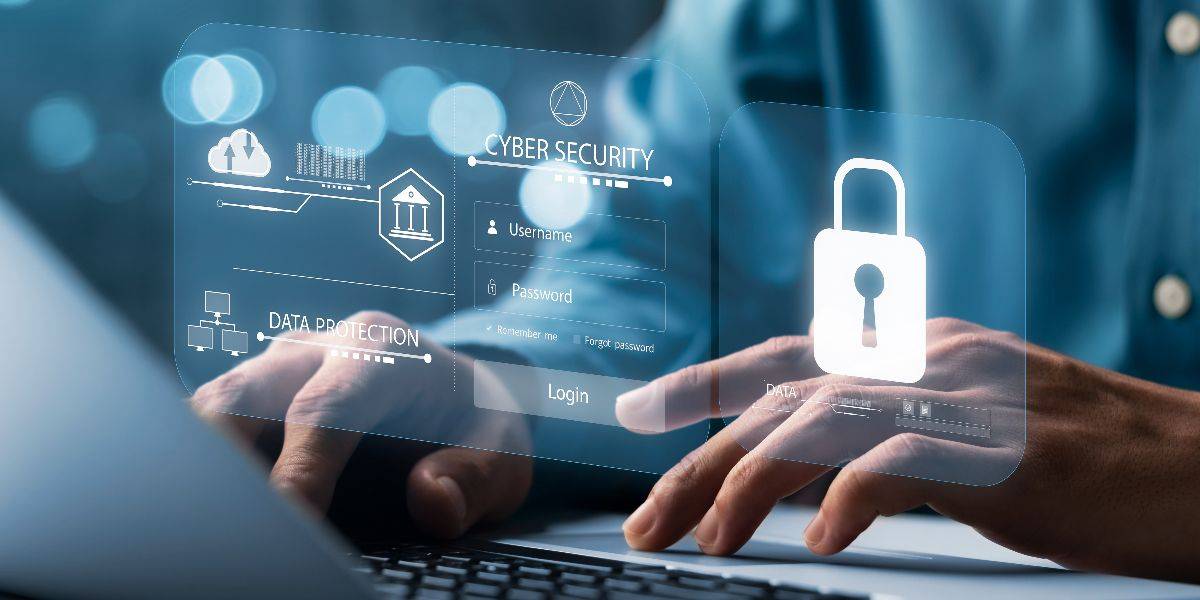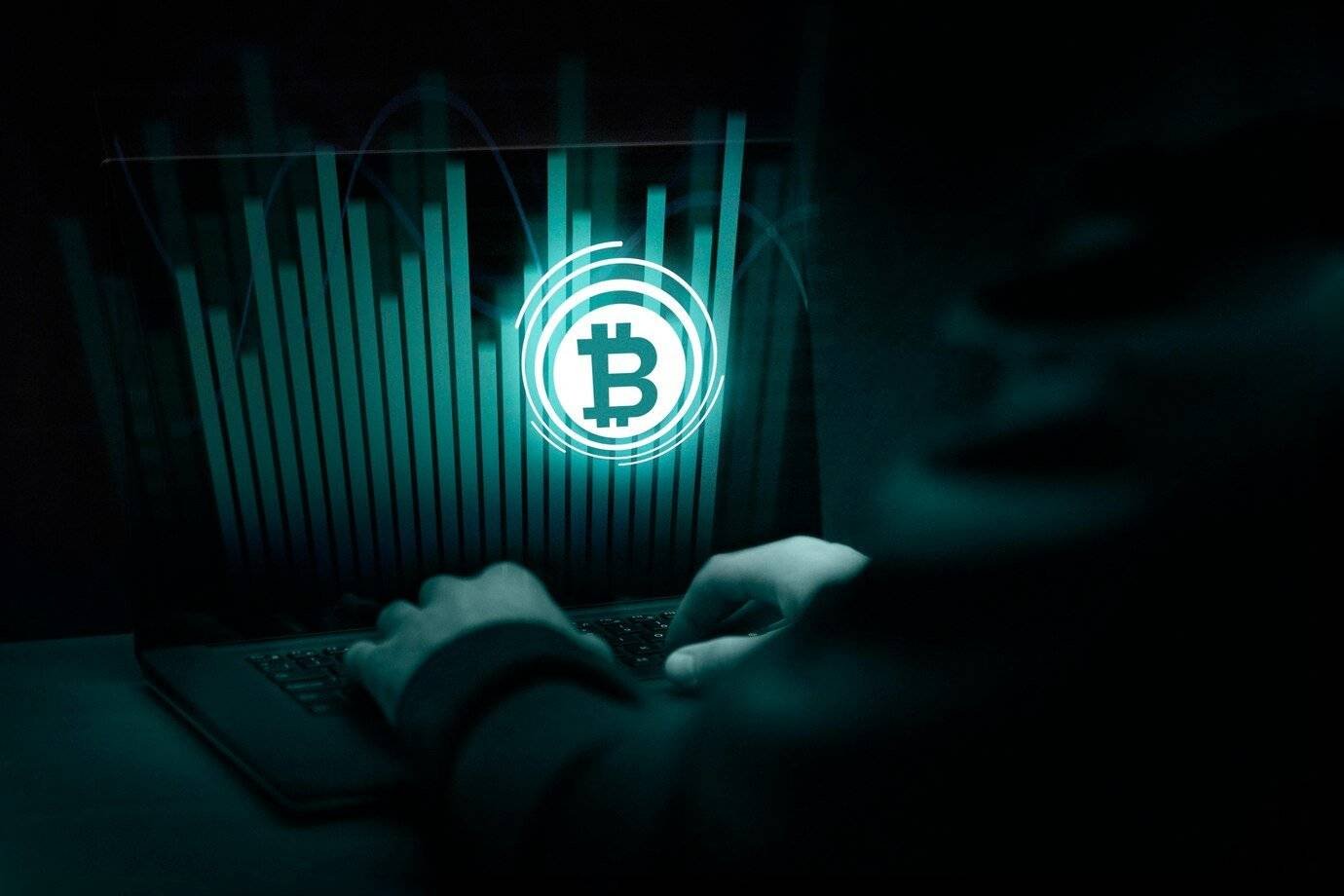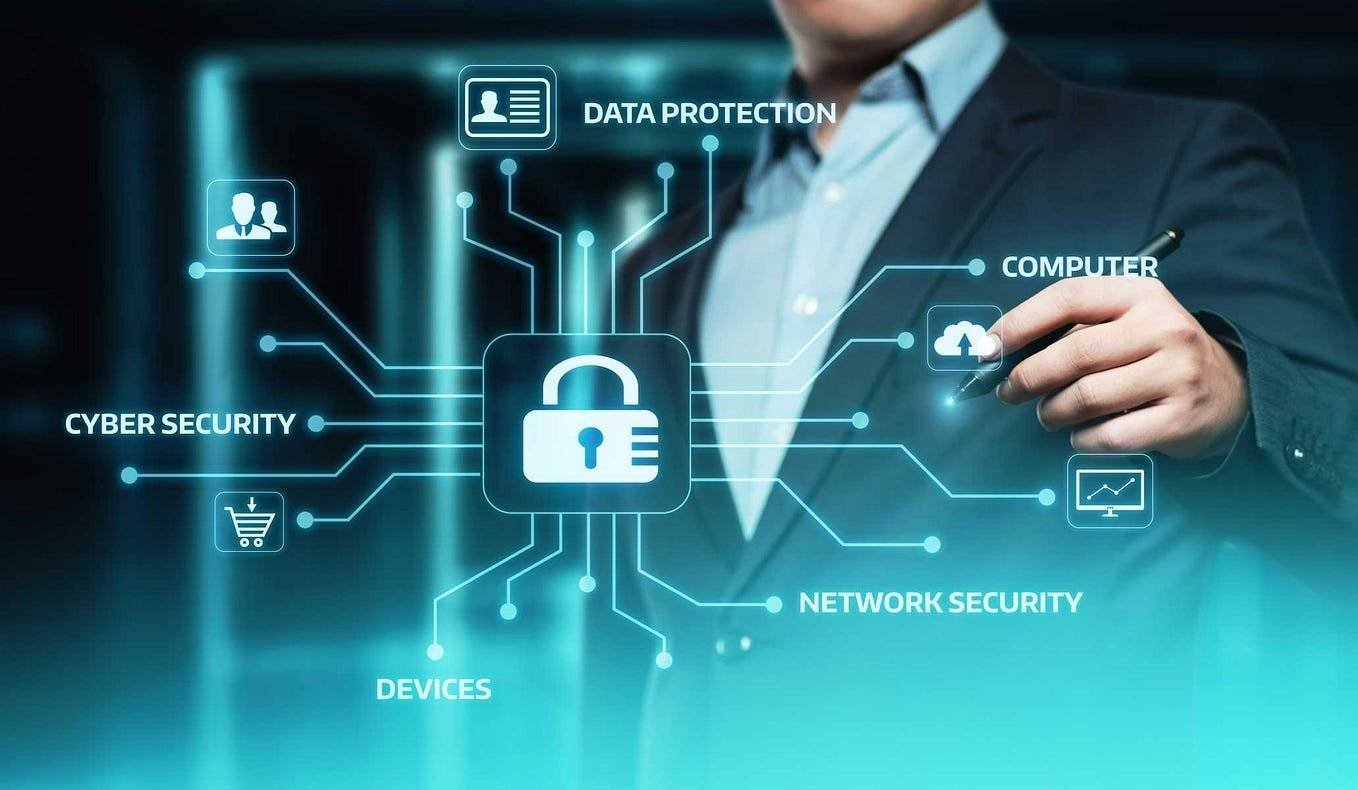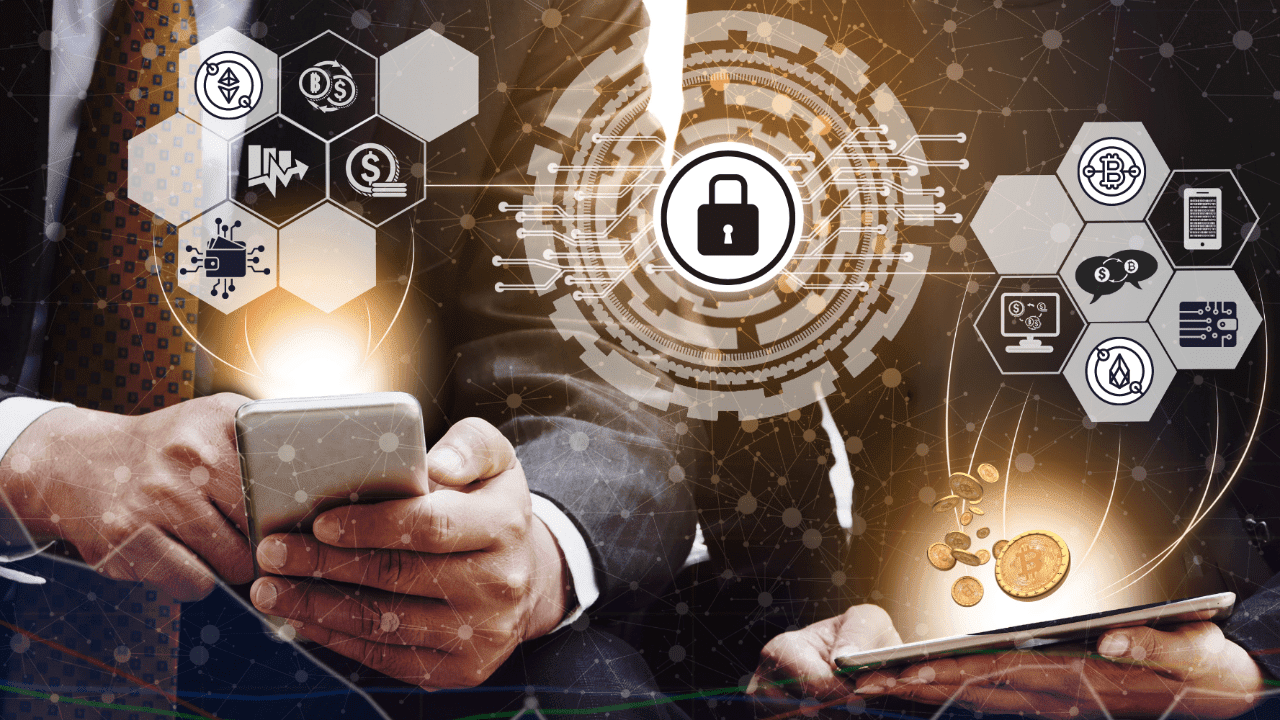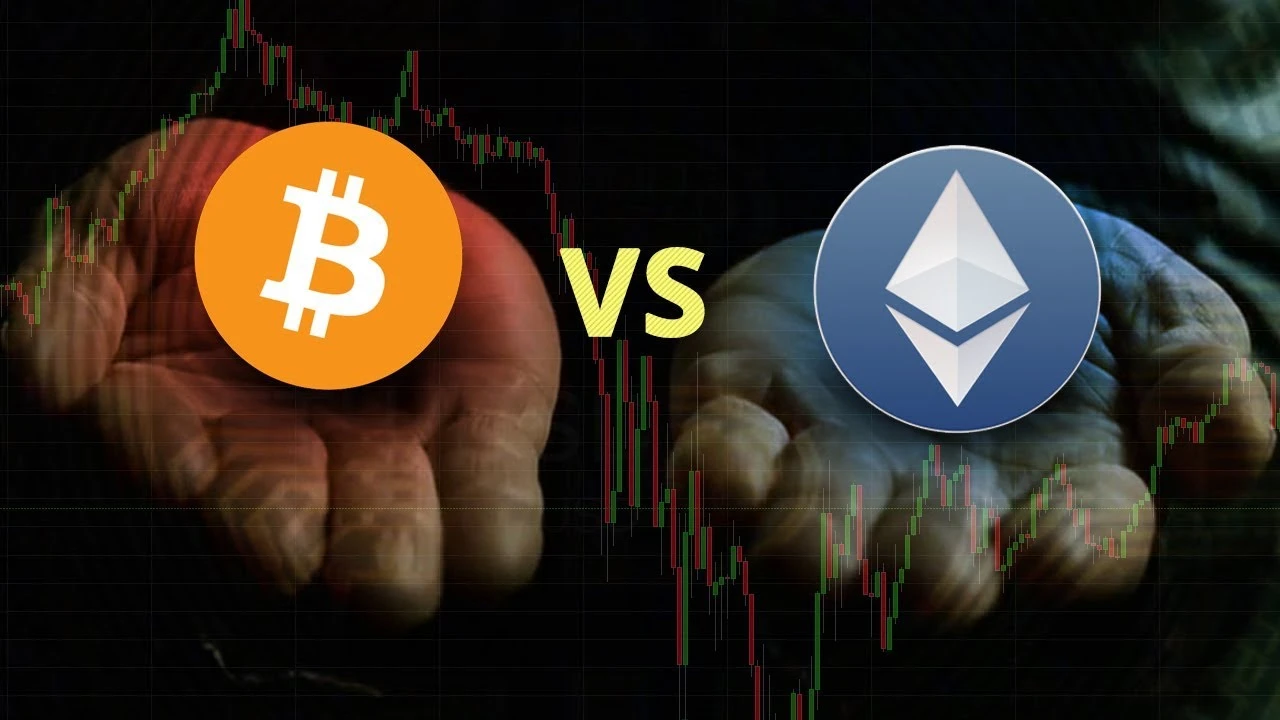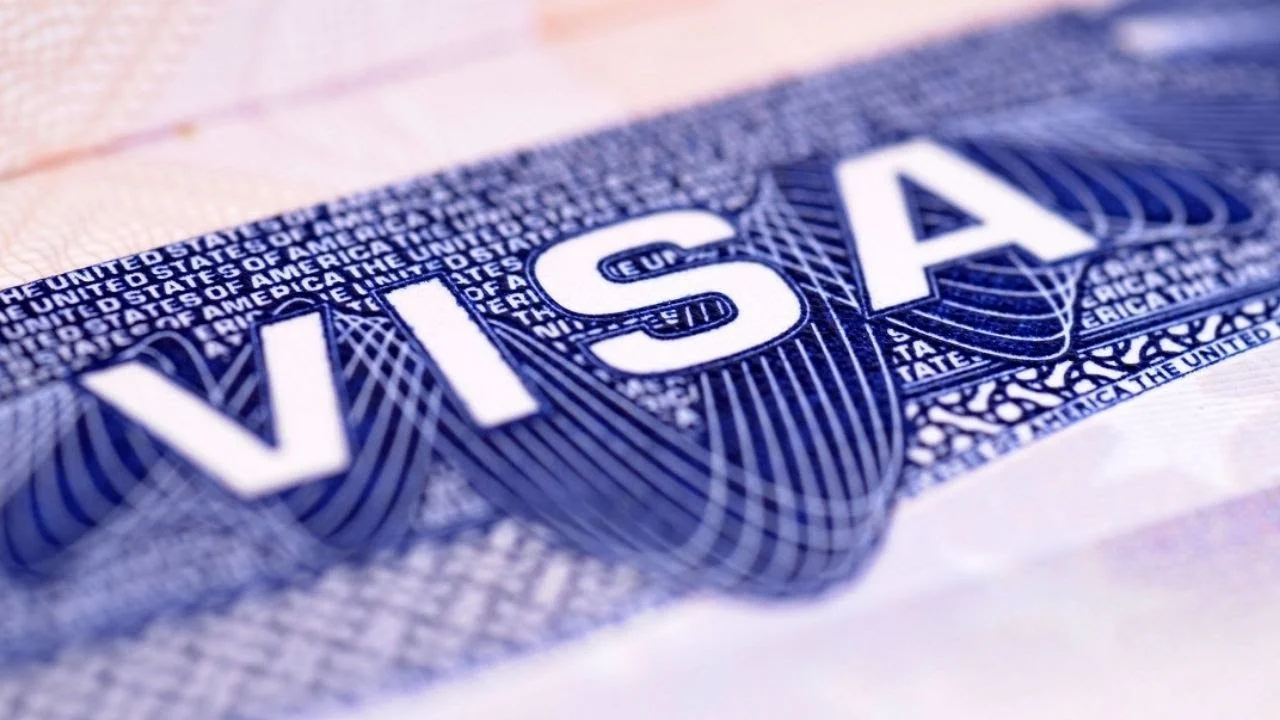Think cybersecurity is just about firewalls and code? Think again.
Most data breaches happen because of people — not just machines. That’s where psychology steps in.
Cybersecurity is not just about tools and code. It’s also about understanding people — how they think, how they behave, and why they make risky choices. If you know how the human brain works, you can spot threats before they happen.
Certain psychology majors help you do that. Let me break down which ones fit best with cybersecurity work and why they matter in today’s digital world.
Understanding Cybersecurity Beyond Technology
Firewalls don’t fail. People do.
Most cybersecurity problems start with human behavior. Not broken code.
Someone opens a shady email. Shares a password. Clicks a fake link. These are simple mistakes, but they cause real damage. That’s why cybersecurity is not just about tech. It’s about people.
Psychology helps you understand why people do risky things online. It also helps you think like a hacker. What makes them choose a target? How do they trick someone into giving access?
Psychology gives you tools to predict, influence, and defend against actions that lead to security breaches.The more you understand human behavior, the better you can prevent cyberattacks.
Top Psychology Majors Related to Cybersecurity
Want to make a real impact in cybersecurity without learning how to code? Start with the human mind. These psychology majors connect closely with how people think, act, and fall for attacks.
Cognitive Psychology
This helps you understand how people focus, remember, and make decisions. That’s key when looking at why someone misses a threat or clicks the wrong link.
Behavioral Psychology
Focuses on habits and patterns. It helps explain why people keep using weak passwords or ignore security warnings. This field can help create better user training.
Forensic Psychology
Great for those who want to understand cybercriminals. It mixes law, investigation, and behavior. You learn how to analyze motives, spot red flags, and support digital investigations.
Social Psychology
Hackers often use people against each other. Social psychology studies how people act in groups, respond to pressure, or trust strangers. This insight is critical for stopping social engineering attacks.
Industrial-Organizational Psychology
This one is about improving workplace culture. You can help build safer policies, train employees better, and reduce risky behavior from the inside out.
All of these paths use human behavior as a tool. In cybersecurity, that’s just as powerful as any software.
Cyber Psychology: The Emerging Field
Ever wonder why people act differently online than in real life? That’s where cyber psychology comes in. It’s a new branch of psychology that studies how people think, feel, and behave in digital spaces.
In cybersecurity, it helps experts understand online behaviour, both good and bad. Cyber psychologists look at how and why they click suspicious links, or how hackers manipulate trust.
This field connects the dots between tech and human nature. It helps spot patterns, predict risky behavior, and build better defenses.
Cyber psychology is becoming a big deal. As more of our lives move online, understanding the human side of cyber threats is just as important as fixing code.
How Psychology Skills Enhance Cybersecurity Careers
Cybersecurity is not just about tools and code. Most cyber attacks don’t start with code. They start with people making bad choices. Psychology can help fix that.
Cybersecurity is not just about tech. It is also about understanding people. Knowing how humans think and act makes a big difference in stopping threats.
Psychology helps you spot red flags early. Many attackers follow patterns. If you understand behavior, you can catch those patterns before damage is done.
It also helps you train users better. Most people ignore security tips. But when you know why, you can teach them in a way that sticks.
Good systems should be easy to follow. If they are confusing, people find shortcuts. That opens the door to mistakes. Psychology helps design systems people can actually use the right way.
In short, psychology makes security smarter. It helps you build defenses that work with people, not against them.
Career Paths, Degrees, and Certifications That Blend Psychology and Cybersecurity
Want a cybersecurity job that’s more about people than code? Psychology might be your edge.
You do not need to choose between psychology and cybersecurity. Today, the two fields work together in many career paths. If you understand how people think, you can help stop attacks before they happen.
Start with a degree that connects both. Some schools offer programs like cybersecurity psychology, cyber criminology, or behavioral science with a digital focus. You can also pair a psychology degree with cybersecurity certifications.
Look into certifications like:
- Certified Cybersecurity Awareness Professional (CCAP)
- Cybersecurity Fundamentals from ISACA
- CompTIA Security+ for technical grounding
These make your skills stand out.
As for careers, the options are growing fast. You can work as a cyber behavioral analyst, helping teams predict and detect threats. You could become a digital forensic psychologist, studying cybercriminal behavior. Or help companies train staff to avoid scams by working as a security awareness specialist.
Jobs that combine psychology and cybersecurity are in demand. And the demand is only rising. If you want a role where you protect systems by understanding people, this path is worth exploring.
Conclusion
Think cybersecurity is just for techies? Think again. Your psychology degree might be the secret weapon the field needs.
You do not need to be a coder to make a real impact in cybersecurity. If you understand how people think, act, and make choices, you are already ahead.Psychology gives you that edge.
Majors like cognitive, behavioral, forensic, and industrial-organizational psychology all bring useful insights.
They help explain why people fall for scams, click bad links, or ignore security steps.
Cyber psychology is also growing fast.It connects how we behave online with how we protect digital spaces.
This mix of human science and tech makes your psychology background a powerful tool in cybersecurity.
This path is growing. And it needs minds that can read between the lines. If you’re curious about both people and tech, cybersecurity might be a great fit. Keep learning. Stay sharp. And explore where your background in psychology can take you.
FAQs:
Cognitive, behavioral, and forensic psychology are top picks. They help you understand decision-making, habits, and criminal behavior.
Yes. Some universities offer cyber psychology as a specialization or graduate program. It’s growing fast as digital threats rise.
Lying about a certification can backfire fast. Most employers check credentials. If they find out, you could lose the job or offer. It also hurts your reputation and future chances in the field.
CompTIA Security+ is the top beginner certification. It teaches core skills and is trusted by many employers. It’s a solid first step if you want to grow in cybersecurity.

